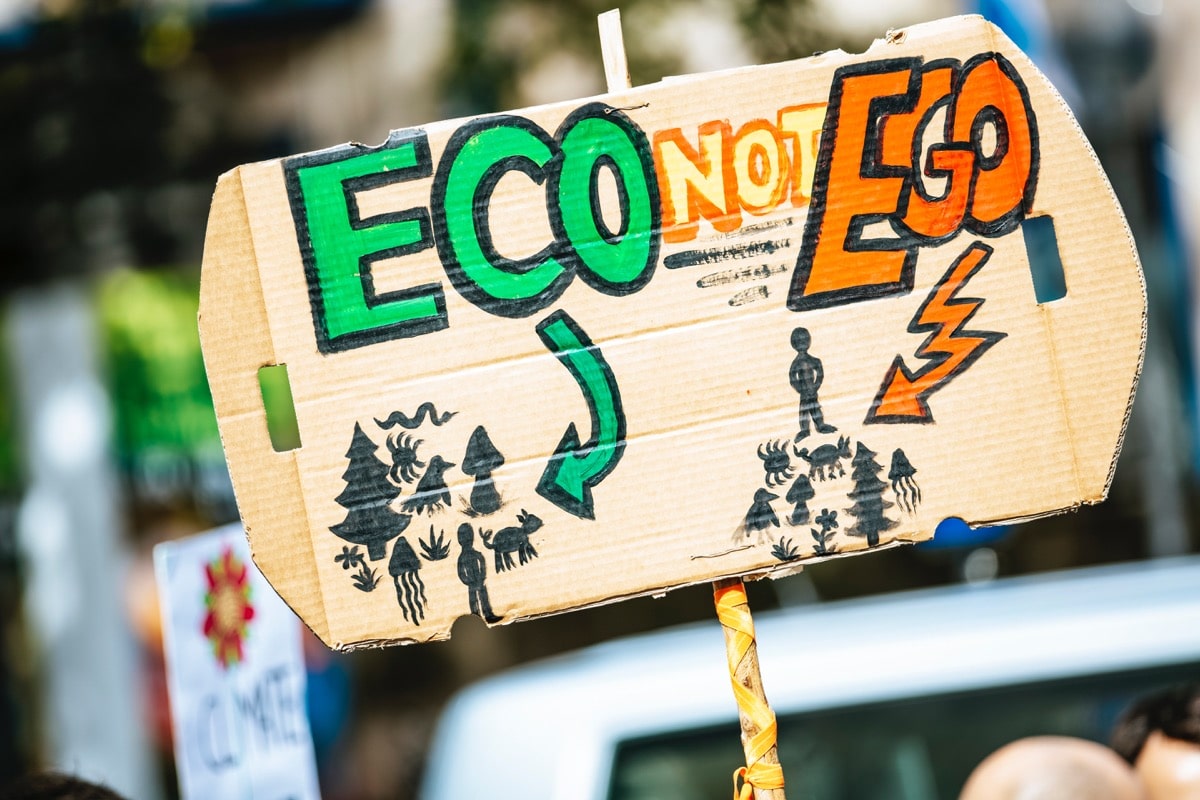A new collaboration with shipping and logistics company Maersk enabled Amazon to transport goods on a zero-carbon cargo ship using methanol as a power source

The retail giant Amazon on Sept. 14 revealed that it had recently accelerated efforts to decarbonize its multi-channel transportation network by transporting goods on the unique zero-emission capable cargo ship called Laura Maersk.
The feeder vessel, created by the shipping and logistics company Maersk, uses methanol, which produces less greenhouse gas emissions compared to other types of fuel. Its first voyage with Amazon load transferred goods from Shanghai to Rotterdam.
“This is so exciting because it shows the world that cleaner shipping is possible. Companies like Amazon are willing to pay to move their cargo on vessels that can emit 95% fewer emissions than traditional ships. Innovation wins, communities thrive, and we progress towards a cleaner planet.”
Laura Bowen Wegener, Amazon’s head of ocean shipping decarbonization
According to the Amazon announcement, the company’s finalized 2023-2024 agreement with Maersk presupposes the transportation of 20,000 40-foot equivalent zero-carbon (FFE) containers using methanol via Maersk’s “ECO Delivery” ocean product offering.
The partnership is part of a larger joint decarbonization initiative from Amazon, the Aspen Institute, Patagonia, and Tchibo. Known as the Zero Emission Maritime Buyers Alliance (ZEMBA), the project empowers shipping lines like Maersk to join The Climate Pledge, deploy new technologies, access zero-emission shipping, and establish decarbonization targets. The goal of ZEMBA to accelerate maritime shipping decarbonization.
Combining her role in Amazon with being the ZEMBA director, Bowen Wegener believes that similar initiatives signal to the maritime industry players that there is a demand for decarbonized shipping services among major businesses.
In line with Amazon’s Climate Pledge to reach net-zero by 2040, Amazon has set a target to use ships powered by zero-emission fuels for at least 10% of the international cargo shipment volume by 2030. The retailer aims to ultimately use zero-emission shipping for all of its ocean cargo by 2040.
Per earlier reports, Amazon has developed new tools for sellers who interact with the company’s Buy with Prime program.









